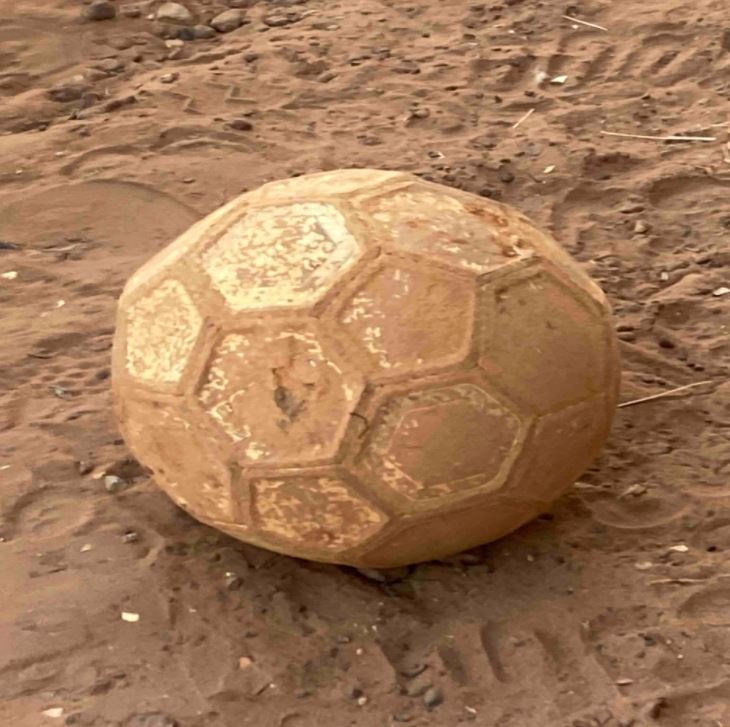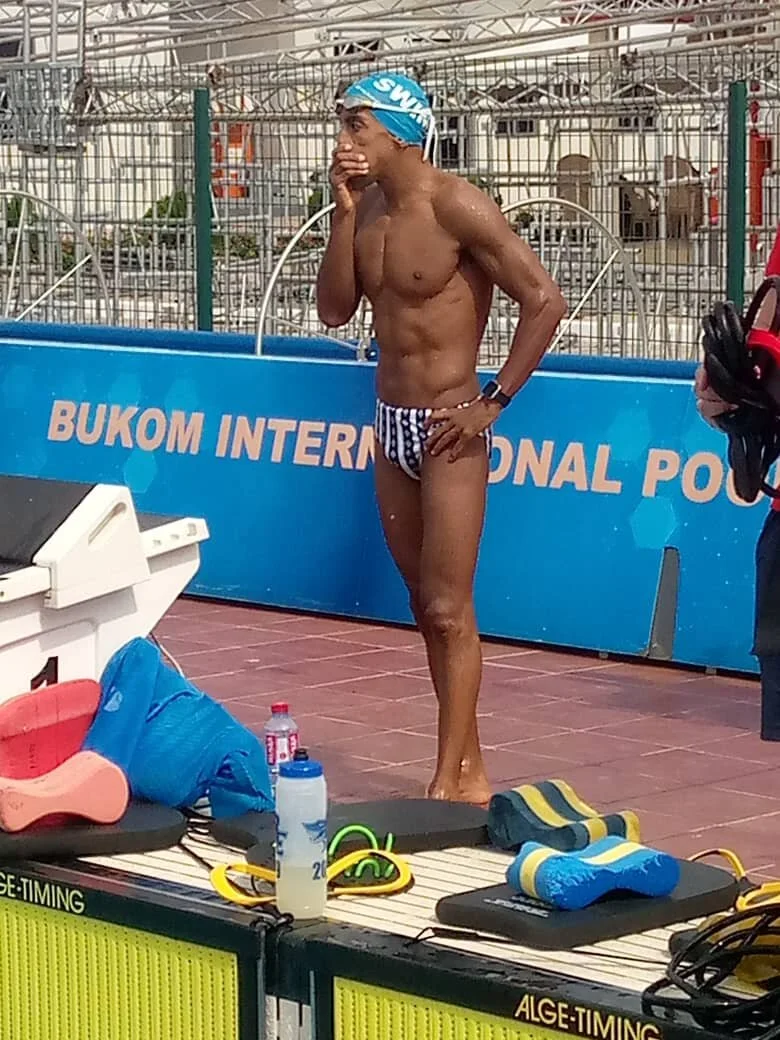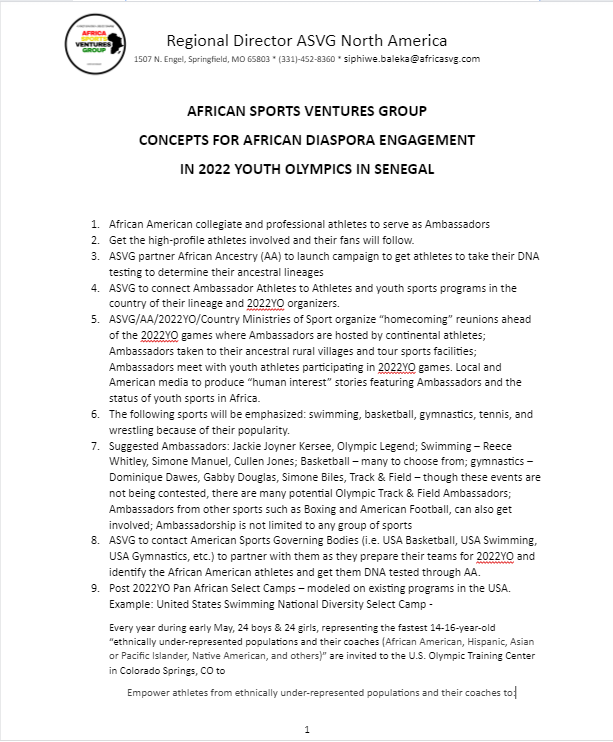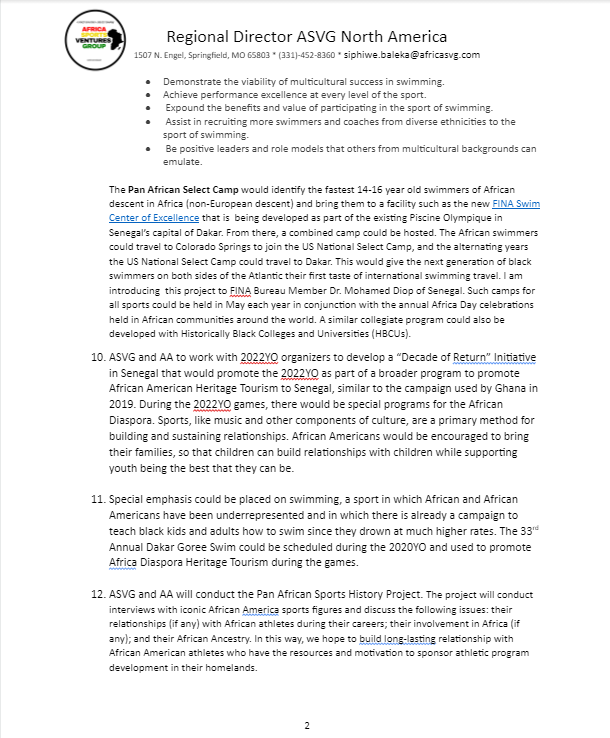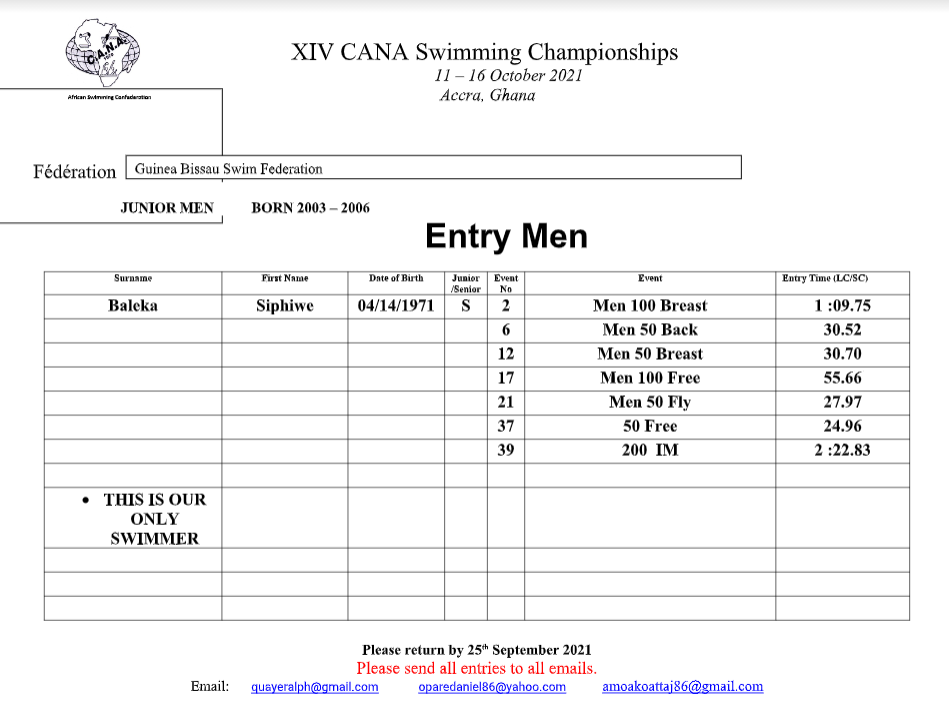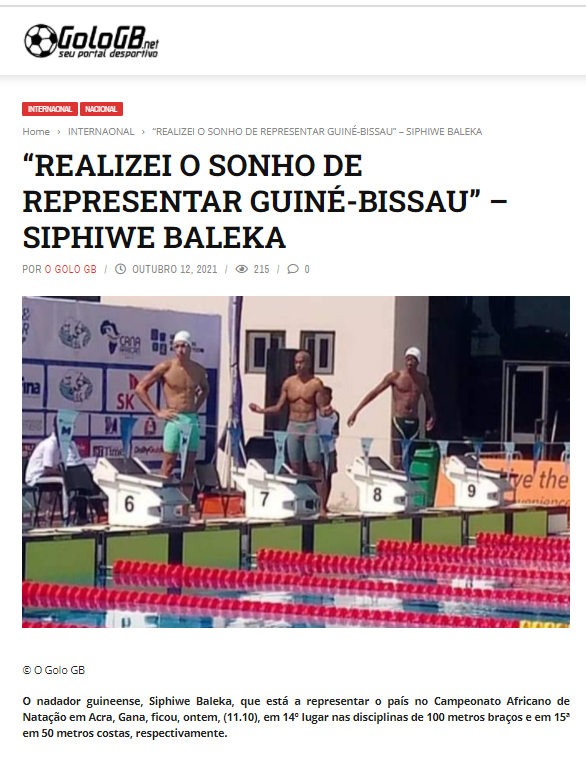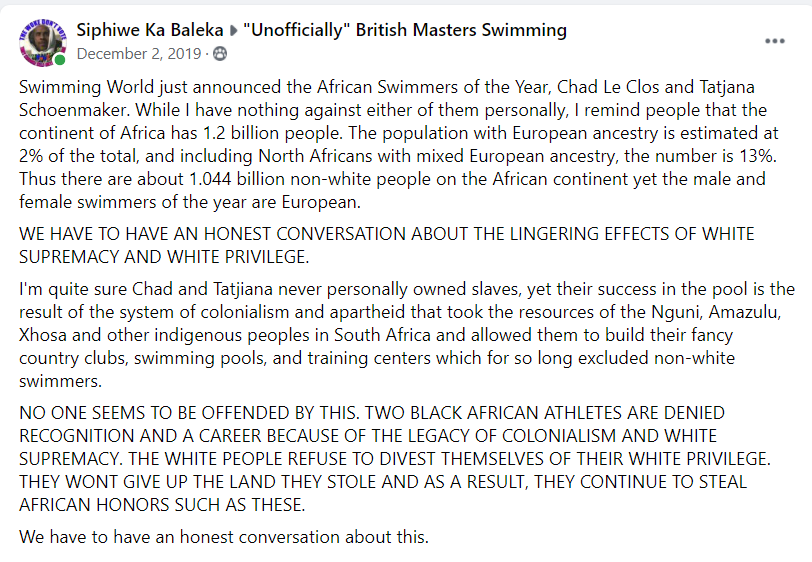Amilcar Cabral is one of the world’s greatest leaders. He organized and led a successful revolutionary armed struggle against Portuguese colonizers, ending a 521-year war and resulting in the Independence of the Republic of Guinea Bissau.
In 2020, BBC World Histories Magazine asked historians to nominate the ‘greatest leader’ –someone who exercised power and had a positive impact on humanity – and to explore their achievements and legacy. More than 5,000 readers voted, and in second place, with 25 per cent of the vote is Amilcar Cabral, who as head of the African Party for the Independence of Guinea and Cape Verde (PAIGC), led his country to independence.
Results of the the BBC World Histories Magazine greatest leaders poll:
Maharaja Ranjit Singh, ruler of the Sikh empire 1801–39
Amílcar Cabral, 20th-century African independence fighter
Winston Churchill, British prime minister 1940–45 and 1951–55
Abraham Lincoln, US president 1861–65
Elizabeth I, Queen of England 1558–1603
“Amilcar Cabral is largely unkown to African Descendants in the United States,” said Siphiwe Baleka, President of the Balanta B’urassa History & Genealogy Society in America (BBHAGSIA). “This is unfortunate because it is to Amilcar Cabral that we can look to for a revolutionary ideology that has proven to be succesful and leads to self-determination and independence.”
What made Cabral great?
Cabral focused on Ideology and Revolutionary Consciousness
…The ideological deficiency, not to say the total lack of ideology, within the national liberation movements–which is basically due to ignorance of the historical reality which these movements claim to transform–constitutes one of the greatest weaknesses of our struggle against imperialism, if not the greatest weakness of all. We believe, however, that a sufficient number of different experiences have already been accumulated to enable us to define a general line of thought and action with the aim of eliminating this deficiency…
Amilcar Cabral, The Weapon of Theory
According to Baleka, “While Amilcar Cabral is known to the people of Guinea Bissau, they haven’t really internalized his teachings and implemented them, at least among the ruling class in Guinea Bissau which has failed to commit the class suicide that Cabral said was necessary to complete and not betray the revolution. “
To help people on both sides of the Atlantic to gain a deeper understanding of Amilcar Cabral’s teachings, BBHAGSIA launched its Amilcar Cabral t-shirt collection containing seldom quoted exceprts in English and Kriol from the book, Unity and Struggle: Speeches and Writings of Amilcar Cabral.
The first three t-shirts (which have an option to include the Guinea Bissau flag on both sleeves) quote the following from Amilcar Cabral on the reverse side:
“THE STRUGGLE SHOWS WHO IS TO BE VALUED AND WHO IS WORTHLESS.”
Kriol: Luta tá mostra kilis k bali ku kilis k ka bali.
“Leadership must go to those who have the clearest concept of our reality.”
Kriol: Liderança tem k bai pá kilis k tene vizon mas claro di nô realidadi
“THE WORST AND THE WORTHLESS MUST BE LEFT BEHIND.”
O pior e o kabalidu tem k dixado trás.
The quotes were taken from this excerpt:
“THE STRUGGLE UNITES, BUT IT ALSO SORTS OUT PERSONS, the struggle shows who is to be valued and who is worthless. Every comrade must be vigilant about himself, for the struggle is a SELECTIVE PROCESS; the struggle shows us to everyone, and show who we are. . . . .We are making an effort for the unworthy to improve, but we know who is worthy and who is not worthy; we even know who may tell a lie. . . . There are others of whom some are afraid, because they know that their only merit is the power they wield. . . . Whether we like it or not, the struggle operates a selection. Little by little, some pass through the sieve, others remain. . . . Only those will go forward who really want to struggle, those who in fact understand that the struggle constantly makes more demands and gives more responsibilities and who are therefore ready to give everything and demand nothing, except respect, dignity, and the opportunity to serve our people correctly. . . But for a struggle really to go forward, it must be organized and it can only really be organized by a vanguard leadership. . . . Leadership must go to the most aware men and women, whatever their origin, and wherever they come from: that is, to those who have the clearest concept of our reality and of the reality that our Party wants to create. We are not going to look to see where they come from, who they are and who their parents are. We are looking only at the following: do they know who we are, do they know what our land is, do they know what our Party wants to do in our land? Do they really want to do this, under the banner of our Party? So they should come to the fore and lead. Whoever is most aware of this should lead. We might be deceived today, or deceived tomorrow, but the proof of the pudding is in the eating, it is practical experience which shows who is worthy and who is not. . . . Our struggle demands enlightened leadership and we have said that the best sons and daughters of our land must lead. . . .So far as we are able to think of our common problem, the problems of our people, of our own folk, putting in their right place our personal problems, and, if necessary, sacrificing our personal interests, we can achieve miracles. . . . It is not enough to say ‘I am African’ for us to say that person is our ally: these are mere phrases. We must ask him frankly: ‘Do you in fact want the independence of your people? Do you want to work for them? Do you really want our independence? Are you really opposed to Portuguese (American) colonialism? Do you help us? If the answers are yes, then you are our ally. . . . We can only genuinely achieve what we want in our land if we form a group of men and women who are strong, able not to cheat their comrades and not to lie, able to look their comrades straight in the eye . . . . If someone is unworthy, we must show him that he is unworthy. There is no friendship, there is no consideration for him. He must be cast aside. The time has come for us to be friends with those who are worthy, but those who are unworthy, but those who are worthless, cannot be our comrades, our friends. Anyone who betrays the Party, who tries to divide us, who makes plans to sabotage the Party, who serves the enemy, who consorts with the enemies of our Party can no longer sit with us, cannot eat with us from the same bowl, cannot drink from the same glass or mug, cannot sleep in the same bed. Either we are able to distinguish the worthy from the unworthy or it is not woth our while going on with our struggle as we are doing, because sooner or later we shall drown in a sea of great confusion of our own making. . . . In the framework of revolutionary democracy, as I have already said, we must bring to the fore the best sons and daughters of our land. The worst and the worthless must be left behind. . . . .”


















